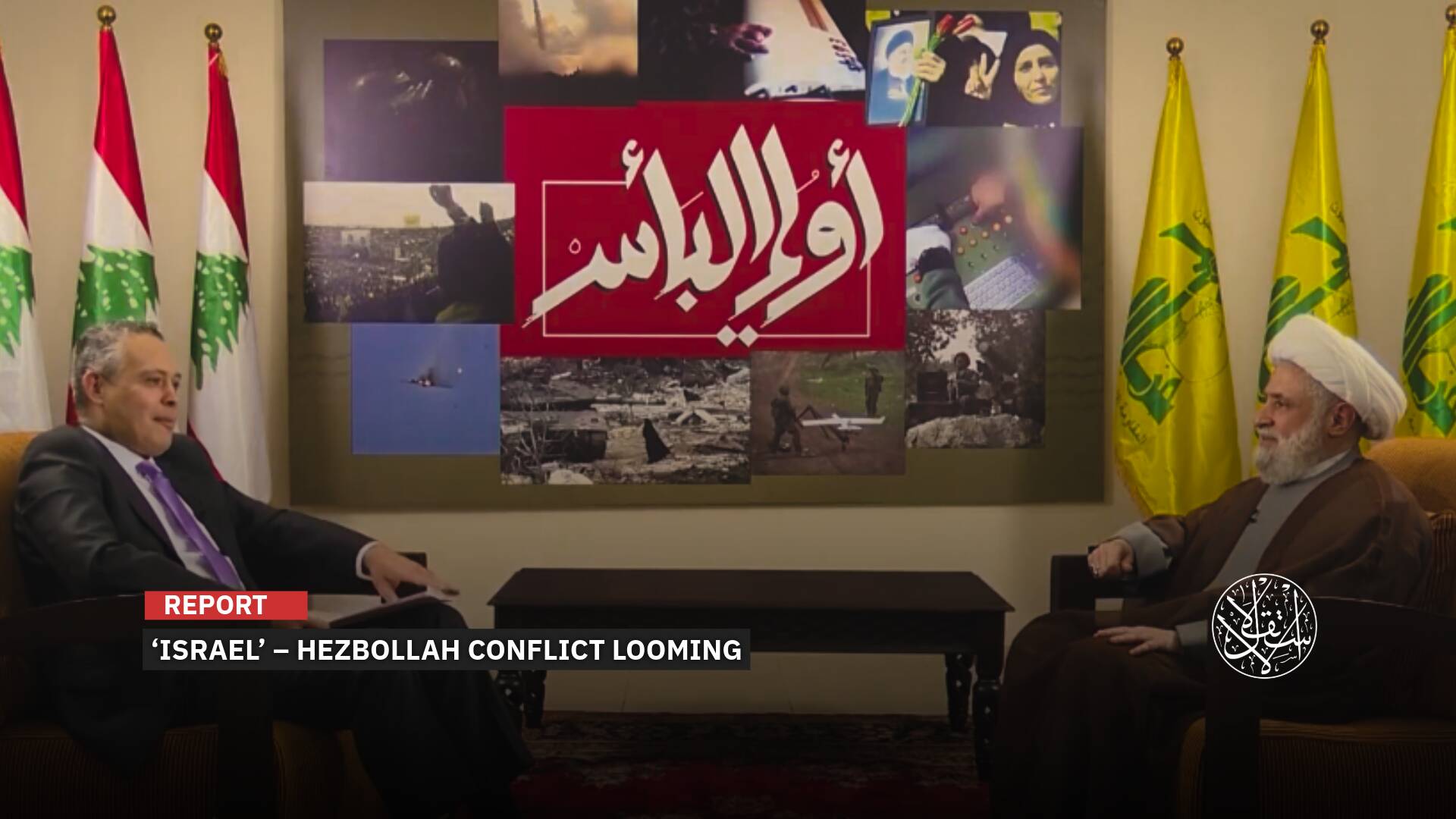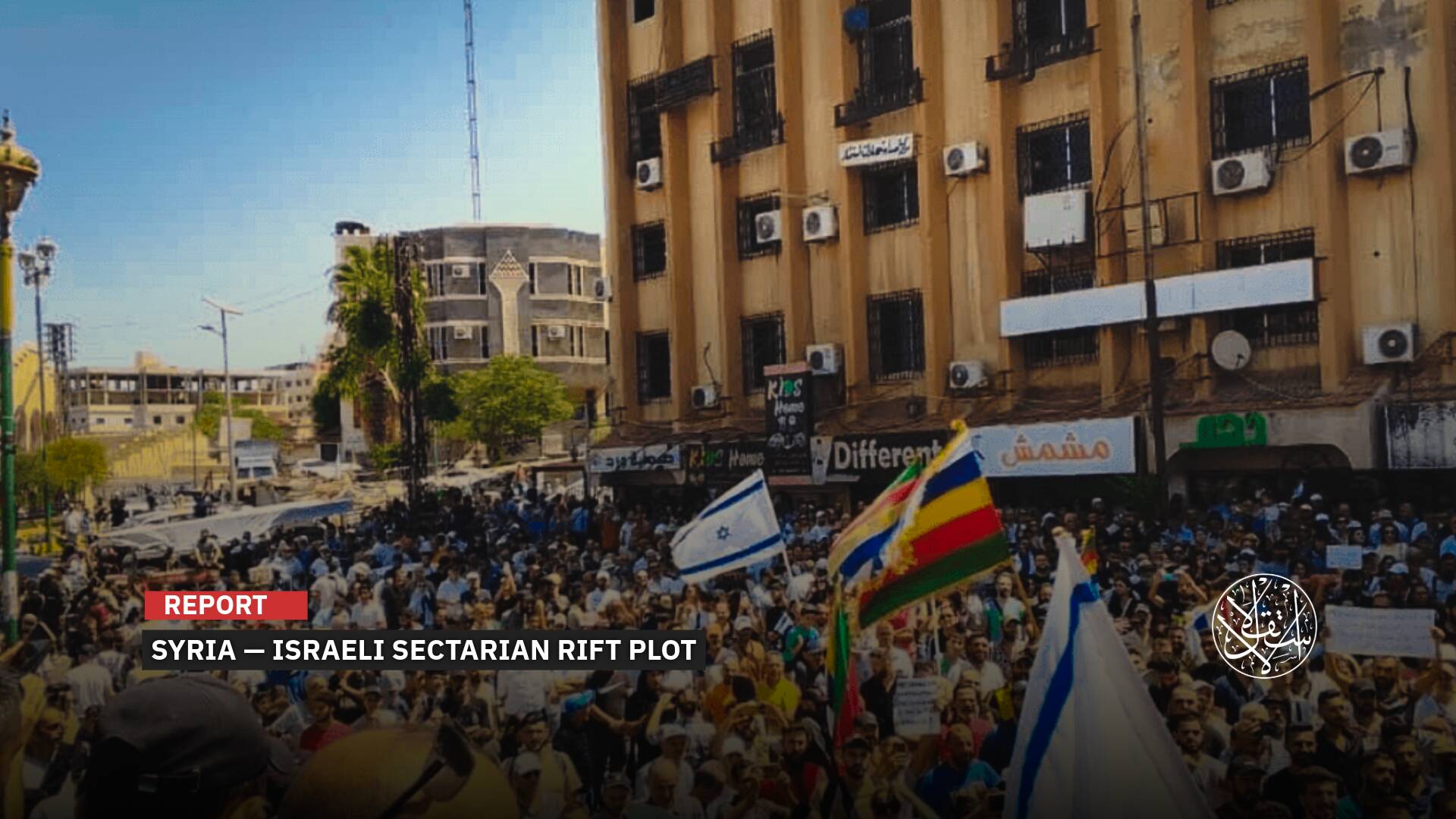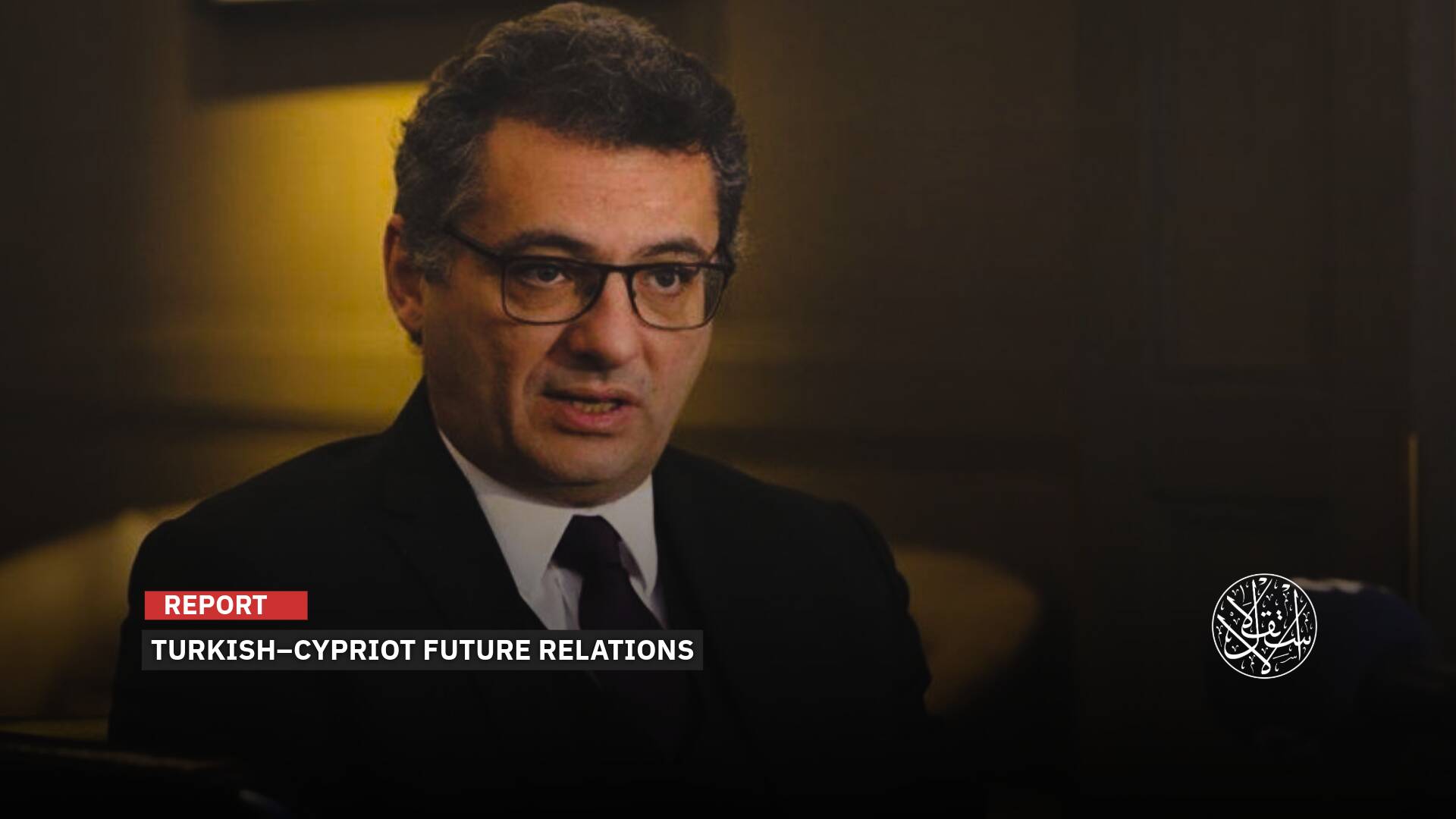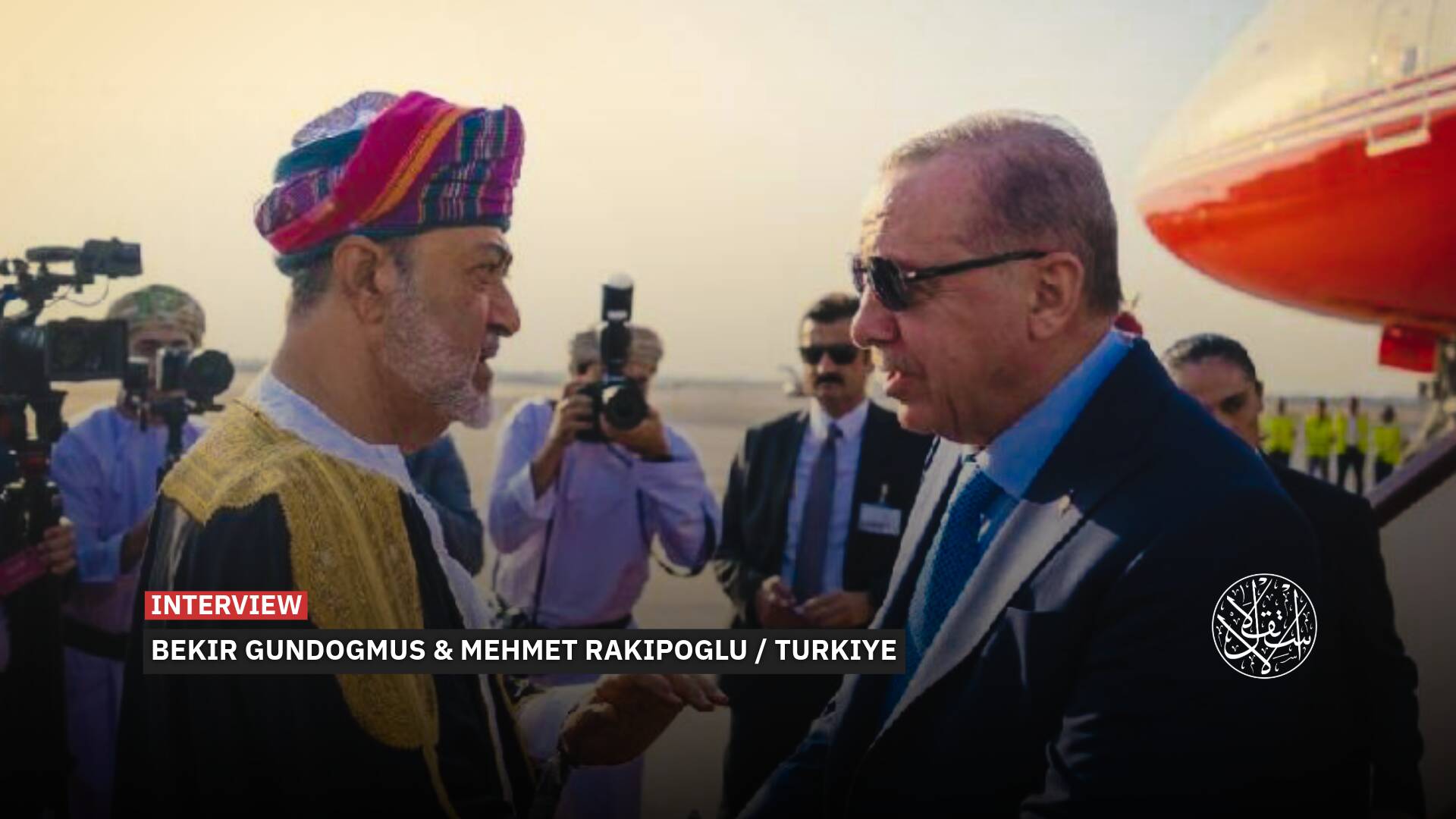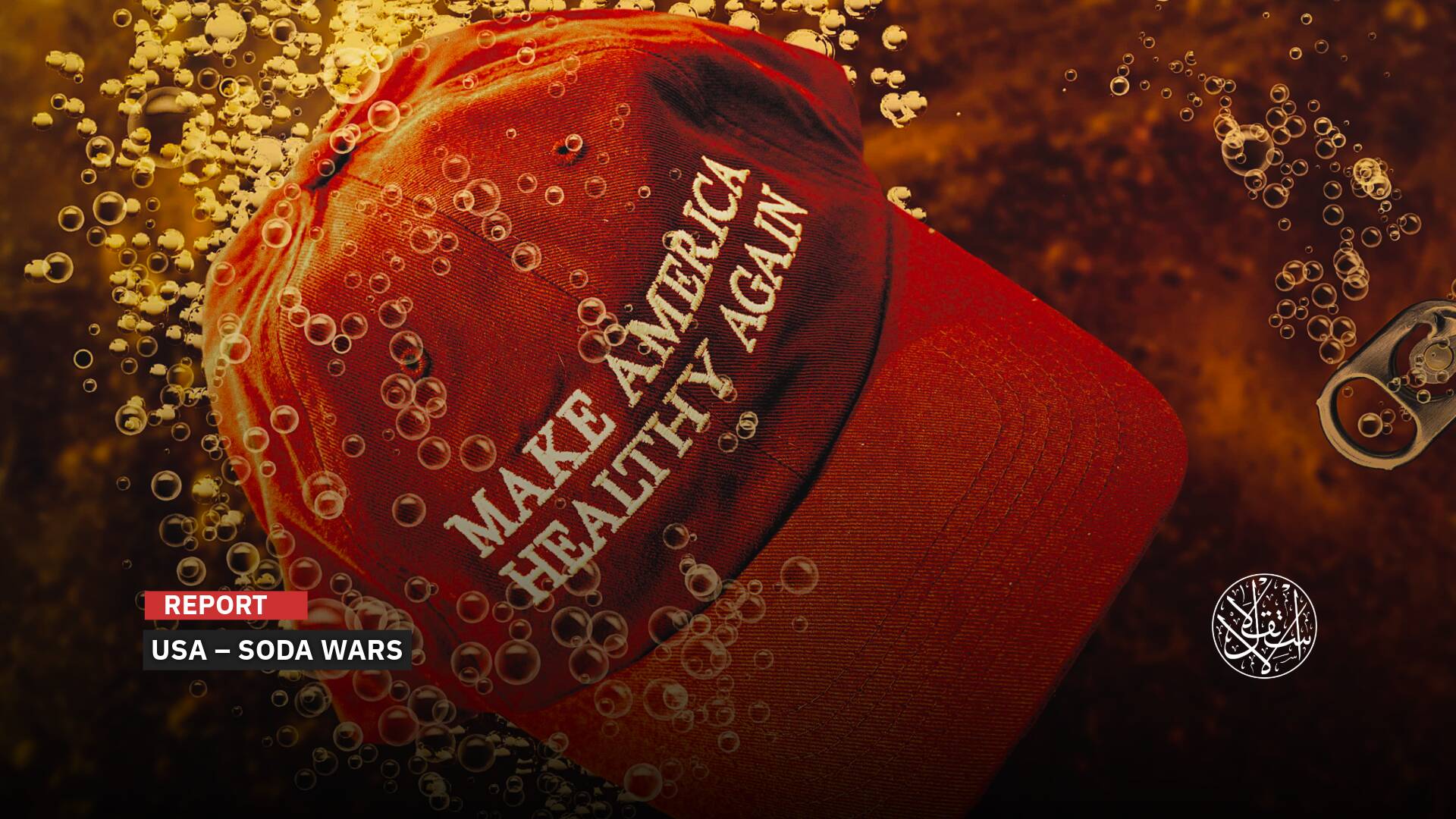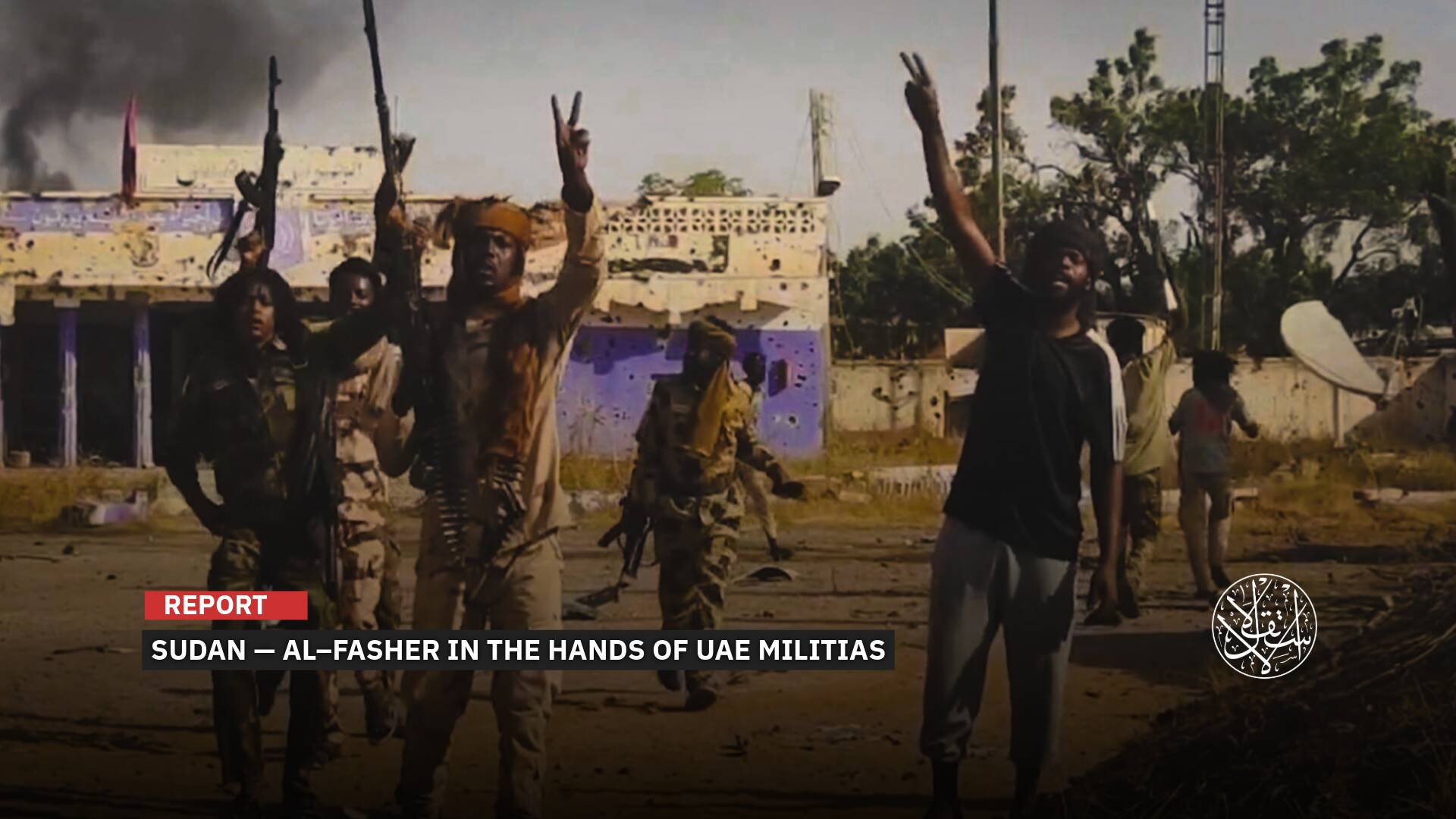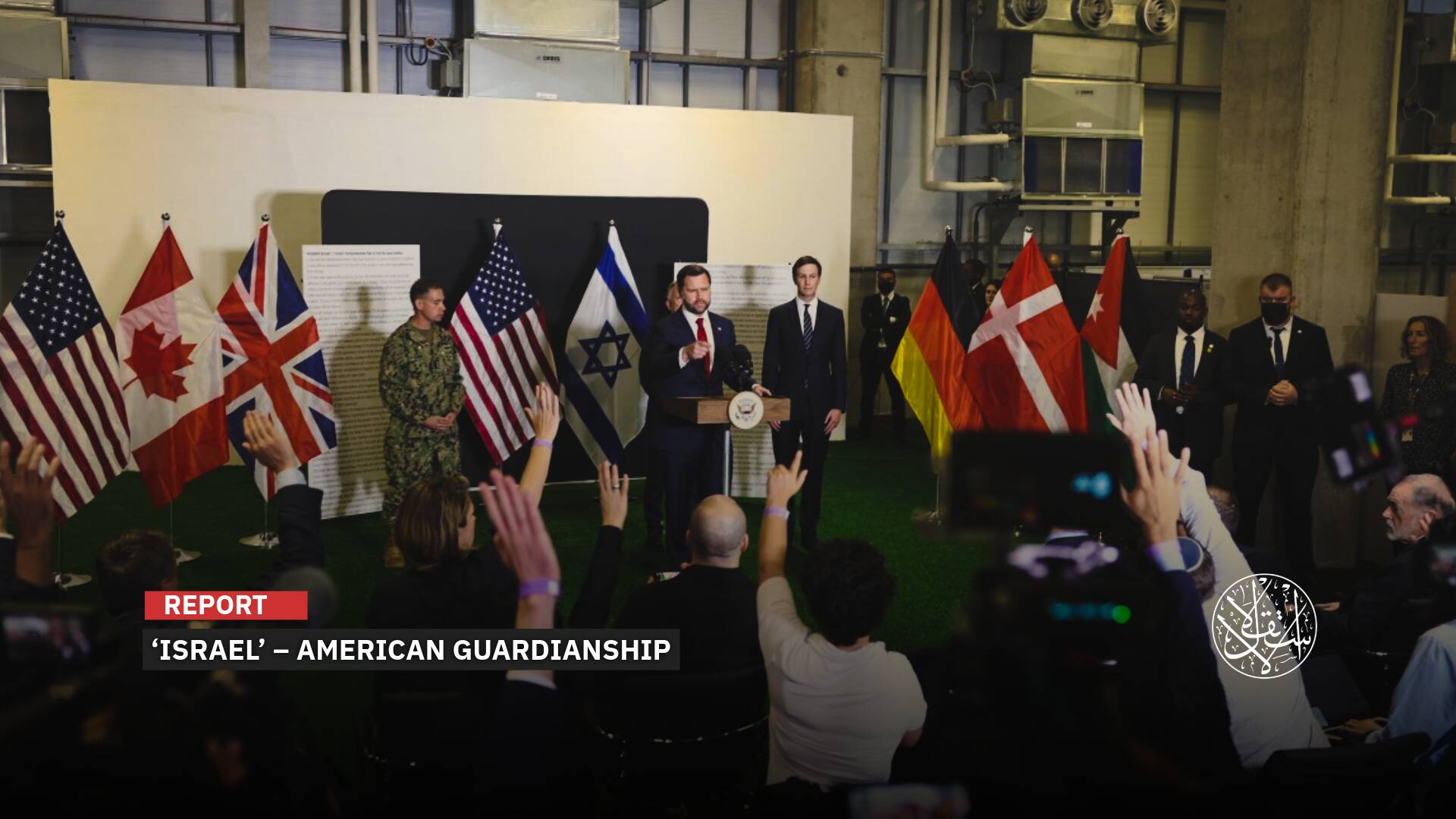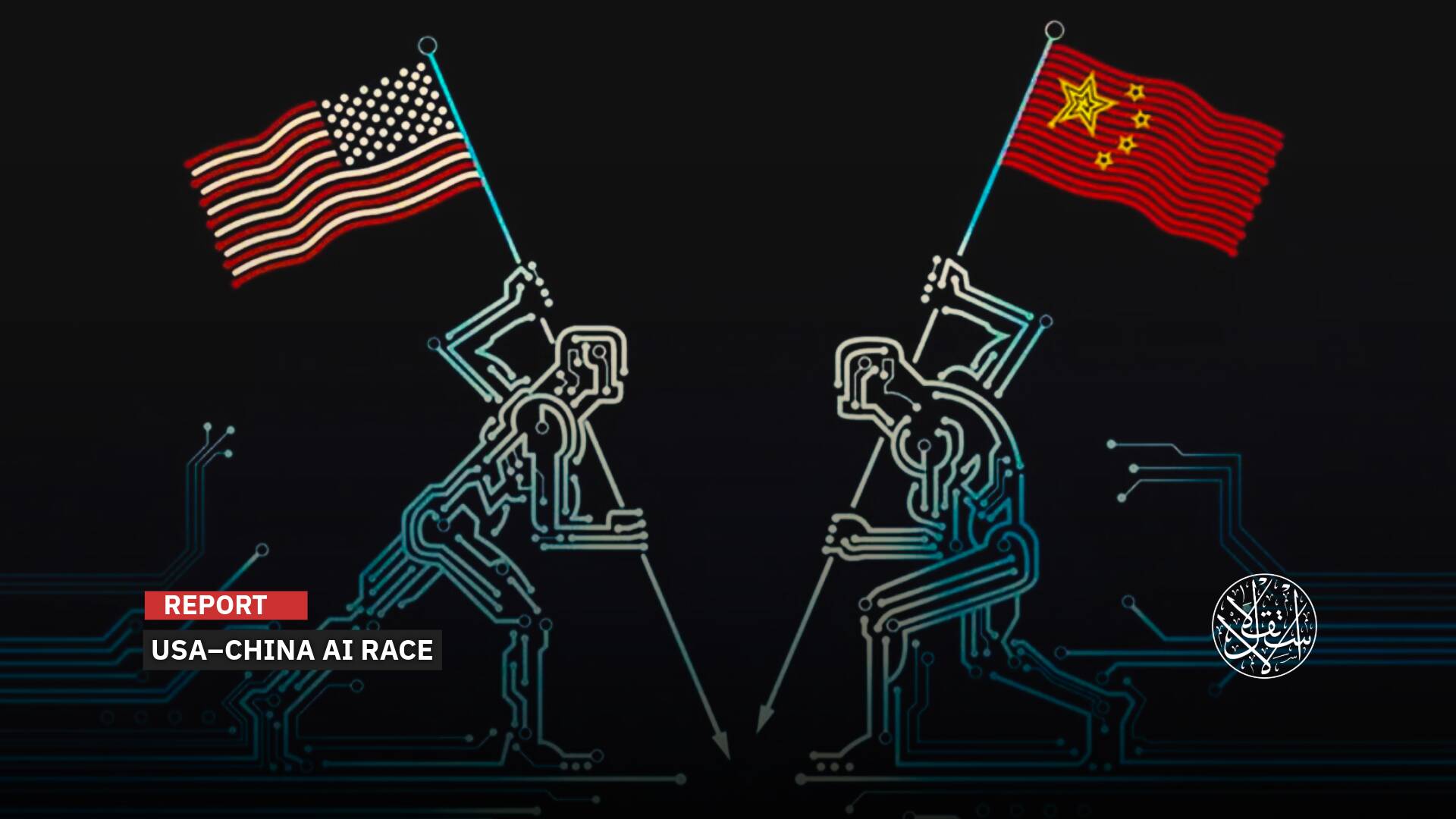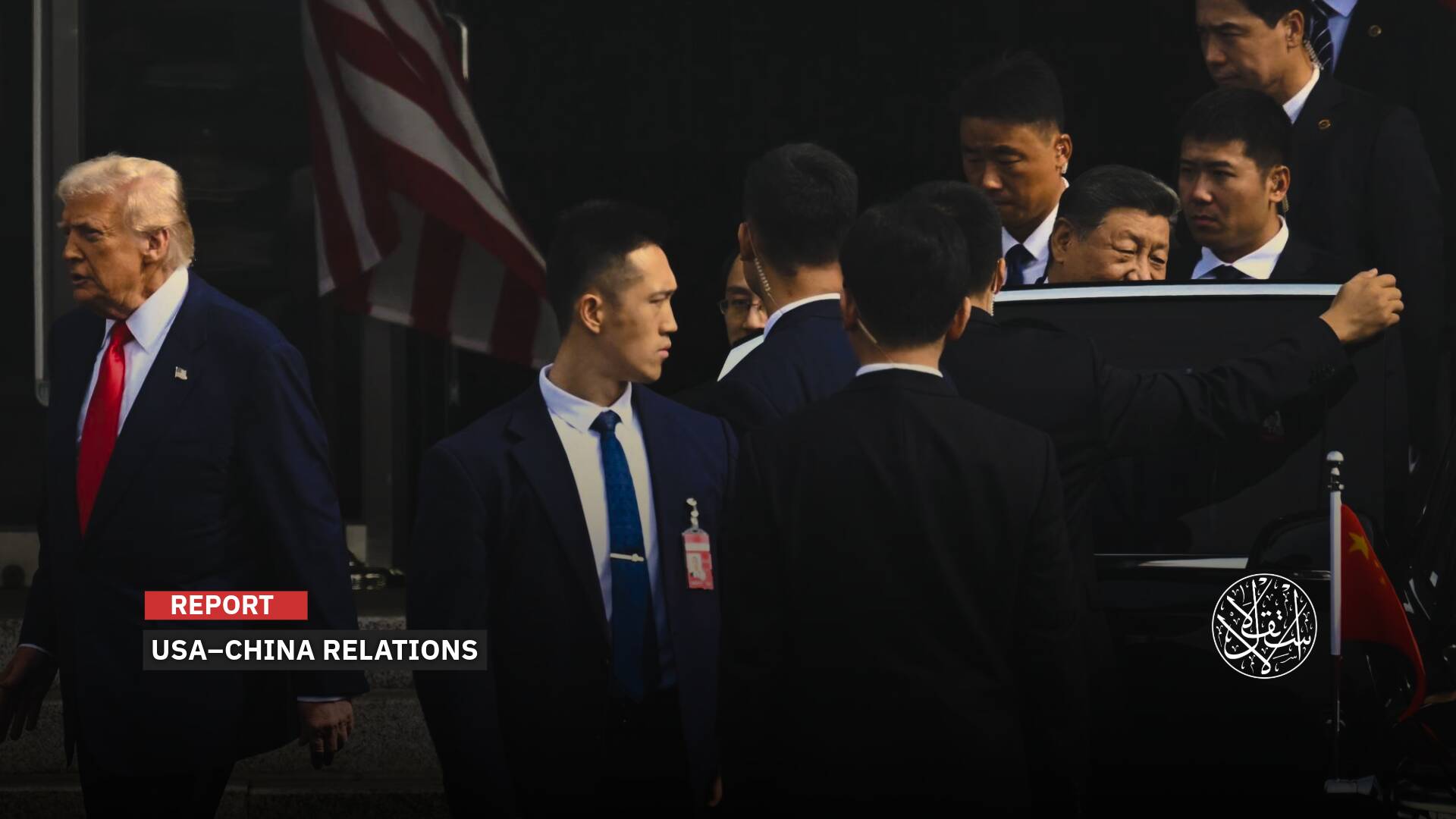Salim Omeid: The Shadowy Iraqi Tycoon Smuggling Iranian Oil Worldwide
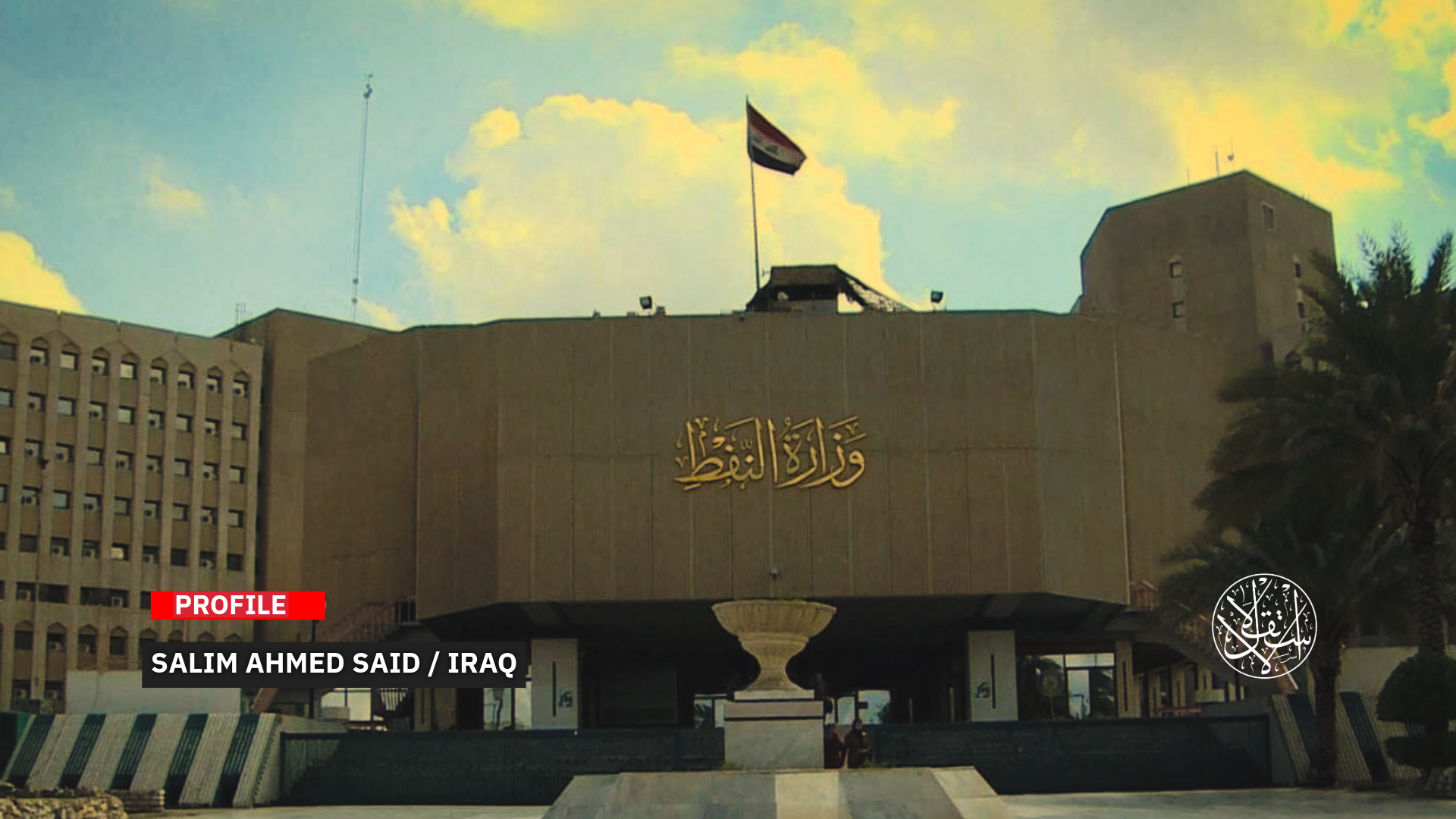
Omeid was blacklisted by the U.S. for smuggling oil on Iran’s behalf.
Salim Ahmed Said — also known as Salim Omeid — is one man with two names, making headlines across Iraq since early July 2025. The U.S. Treasury blacklisted him as an Iraqi businessman allegedly leading a “shadow fleet” smuggling Iranian oil.
His appearance on the U.S. sanctions list prompted Iraq’s Parliamentary Integrity Committee to call on the government to detain a senior official from the Oil Ministry, citing corruption suspicions involving Salim Said and more than 800 billion Iraqi dinars (about $571 million), according to the committee’s July 19 statement.

A Mysterious Figure
What stands out about Salim Said, whose name has been circulating since 2017 as an Iraqi businessman, is that there is only one photo of him available online and on social media.
His elusive nature and absence from the media have kept much of his personal information unclear, except for documents leaked on social media on February 4, 2024. These revealed that he is an Iraqi Kurdish citizen holding British nationality.
The documents show he has dual citizenship under two names: his Kurdish name, Omeid Haji Ahmad or Salim Omeid, and his Arabic name, Salim Ahmed Said. His photo suggests he is nearing his late 50s.
On the same day, Iraqi journalist Qusay Shafiq posted part of a 400-page file on X, which was sent to Iraq’s Parliamentary Integrity Committee. It details corruption linked to Omeid, who runs the “Al Arabiya” company involved in transporting Iraqi crude oil.
According to these documents, al-Arabiya’s contract to sell black oil products with the Iraqi Oil Tankers Company led to a financial loss of about $2.5 billion. Yet, despite this massive theft, no one has been held accountable, the Iraqi journalist reported.
However, Iraq’s Parliamentary Integrity Committee only took action after the U.S. Treasury sanctioned this businessman. On July 19, committee head Ziyad al-Janabi called for the detention of Oil Tankers Director Ali Qais over corruption suspicions involving Salim Said, amounting to more than 800 billion Iraqi dinars.
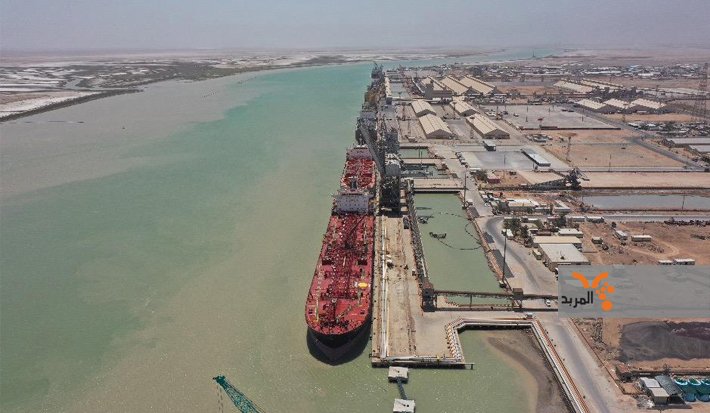
Oil Smuggler
On July 3, 2025, the U.S. Treasury announced sanctions against an international network smuggling Iranian oil, including Iraqi-British businessman Salim Ahmed Said and several of his companies across Iraq, the UAE, and the UK.
He is accused of selling Iranian oil on the global market as Iraqi crude using forged documents and bribing Iraqi officials. He ran a network of companies that used blending and ship-to-ship transfers to disguise the origin of shipments.
The sanctions froze his assets in any financial system under U.S. jurisdiction and banned international companies and banks from dealing with him or any related entity, especially in the energy sector.
The Treasury said Said’s actions funneled billions of dollars in revenue to Iran’s IRGC-Quds Force. The sanctions targeted companies and vessels linked to the Iranian shadow fleet that smuggles oil to Asia.
The U.S. Treasury detailed that the sanctions against Said’s shadow fleet included several ships used in covert transfers, plus brokerage and shipping firms based in Iraq, the UAE, Singapore, Seychelles, and the Marshall Islands.
The move is part of the U.S. “maximum pressure” campaign to cut off IRGC funding and block Iran’s access to funds used for “destabilizing activities,” according to the Treasury.
An Iraqi report by Alsumaria News on July 7 said Omeid openly smuggles oil daily from the Qayarah oil field in Nineveh province, backed by parties that “turn a blind eye” or facilitate shipments without real customs oversight.
It added that oil trucks leave Qayarah day and night under special security, heading to unloading stations where the oil is resold illegally or shipped to distant ports.
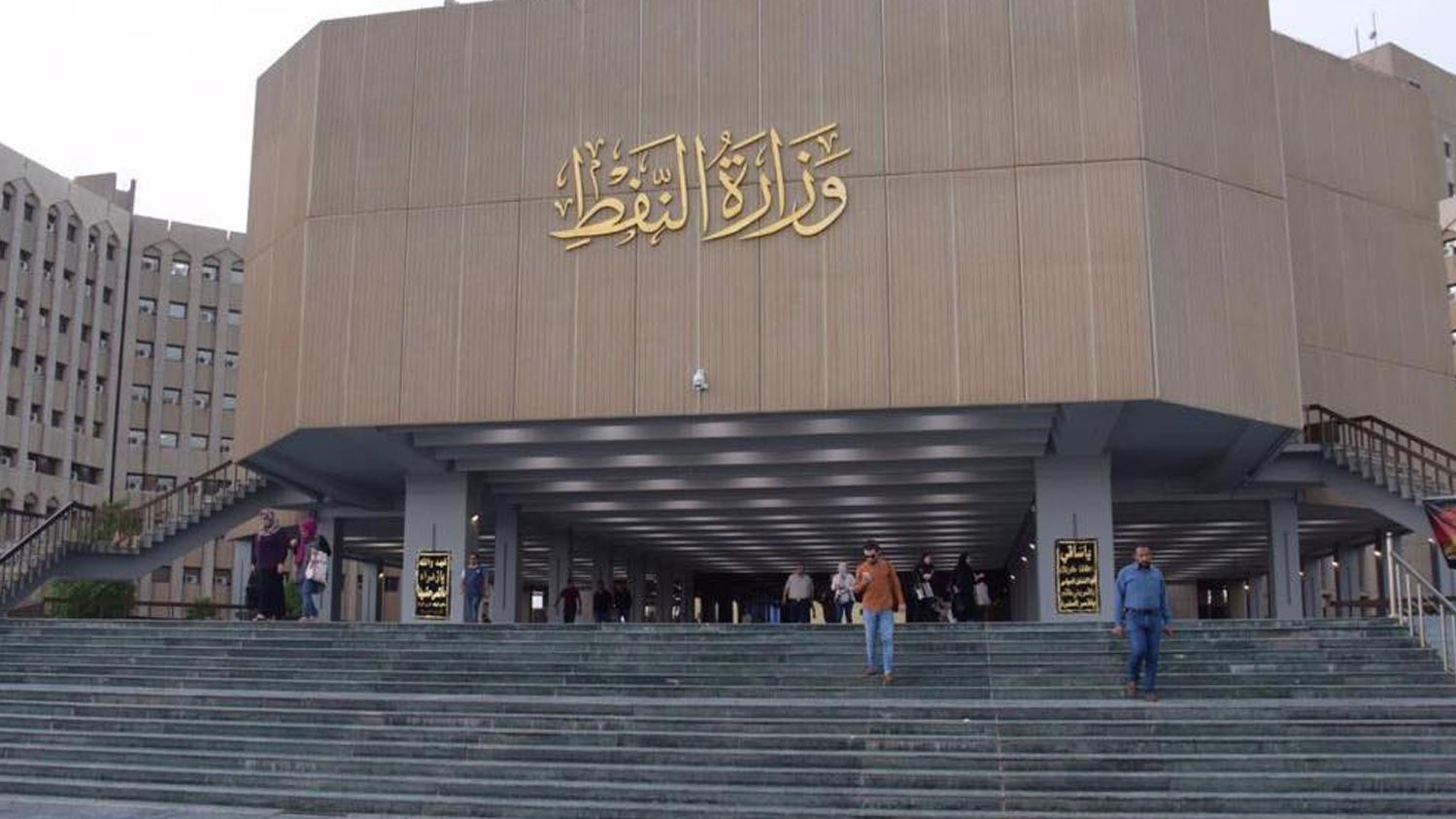
Economic Disaster
Regarding his dominance in Iraq’s oil sector, Alsumaria News said Omeid has deep ties with senior officials and maintains close financial and political relationships with powerful figures in the state.
Among them is the Director-General of the Iraqi Oil Tankers Company, which signed a 50-year contract with al-Arabiya—the company managed by Omeid—as well as an unnamed parliamentary committee deputy who previously intervened to award transport and unloading contracts to Omeid’s companies despite objections from oversight bodies.
The agency said political and regulatory voices are calling for an urgent investigation into these relationships and a thorough review of contracts signed since 2019, aiming to fully expose Omeid’s file.
This is especially as his actions have moved beyond business interests to directly harm Iraq’s economy and international reputation, and possibly finance armed groups outside state control.
In light of the uncertainty surrounding major corruption and smuggling investigations, Omeid’s name remains a prime example of how the state has become a cover for a shadow economy—where the country’s wealth is looted, laundered, and passed off as legitimate through companies and bank accounts inside and outside Iraq.
MP Ali Shaddad, a member of the Parliamentary Oil and Energy Committee, said Omeid began his business career during former Prime Minister Haider al-Abadi’s tenure under a protective cover. He added that the al-Arabiya contract was marred by many suspicions, especially regarding smuggling.
Shaddad confirmed in a TV interview on July 15 that several U.S. entities, including the media, had previously warned that “this contract should be stopped” and issued recommendations since 2017 due to early red flags. He noted that al-Arabiya was responsible for transporting black oil.
Following sanctions on Omeid, Pier 41 at Khor al-Zubair port in Basra was officially shut down, as it was also sanctioned because of him.
According to MP Shaddad, Pier 41 is very important, with high storage capacity, which helped raise black oil exports from 500,000 to 1 million barrels per day due to large tanks and leased storage within the pier.
He added that the pier is known for its quick loading and unloading operations, where each tanker takes no more than 24 hours due to advanced technology, and trucks only need minutes to load or unload.
Shaddad said the most critical issue in this exceptional event is its impact on the export capacity of black oil, especially given the lack of large storage facilities for the local product.
This shortage could affect Iraqi refineries’ production of other derivatives, like gas oil (kerosene), which is currently a vital alternative fuel for some power plants during the scorching summer months.
Shaddad also pointed out that Iraq’s diplomatic tools, including the Foreign Ministry, are weak and ineffective in influencing the U.S. Treasury’s decisions through the American embassy in Baghdad.
He warned that the Iraqi Ministry of Oil could face U.S. sanctions due to violations potentially seen as breaches of international obligations, which might lead to widespread economic paralysis and a collapse in revenue flows.
On July 15, the Parliamentary Oil and Gas Committee hosted Iraq’s Oil Minister Hassan Abdul Ghani along with senior officials to discuss what were described as “serious files,” including allegations of structural collapse within the ministry and foreign influence linked to figures like Omeid.
Sources
- Treasury Targets Diverse Networks Facilitating Iranian Oil Trade
- Iraqi Parliament to Question Oil Officials over Iranian Oil Smuggling Allegations
- US sanctions network for smuggling Iranian oil under Iraqi cover
- Billions of Dollars and Front Companies: Inside Salim Ahmed Said’s Cross-Border Network (Part Two) [Arabic]
- Iraq’s Ministry of Oil denies any connection to an individual named Omeid [Arabic]
- Head of the Integrity Committee: The Director of Oil Tankers should be detained over corruption suspicions involving Salim Ahmed Said [Arabic]
- U.S. Sanctions Hit Pier 41 at Khor al-Zubair in Basra Over Businessman Omeid [Arabic]
- Iranian Oil Sold as Iraqi: Smuggling Documents Put SOMO Under Suspicion [Arabic]


